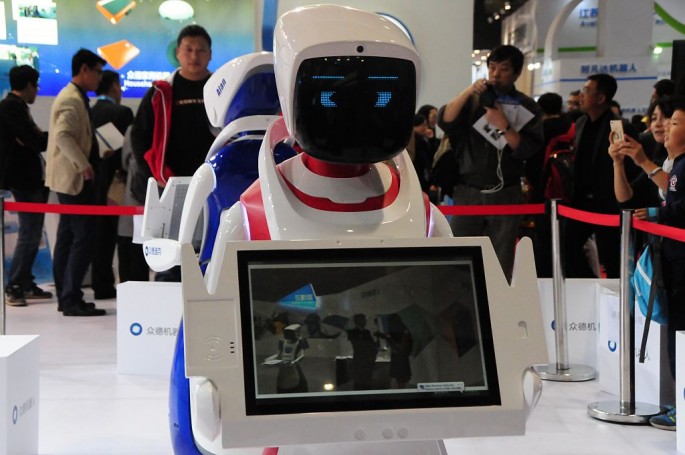Medical robots are slowly finding their way through hospitals in China, but their hefty price tags continue to hamper widespread adoption.
According to Research and Markets, the overall development of China's medical robotics, particularly surgical robots, is relatively backward due to its strong dependency on Da Vinci machines, which are imported from U.S.-based company Intuitive Surgical.
In 2015, more than 40 Chinese hospitals had installed over 50 surgical robots for fulfilling 11,445 cases of surgery in 2015 and 22,917 cases over the years cumulatively, per R&M.
These have inched higher this year, bringing the overall number of installed surgical robots to 59, with 35,273 recorded operations.
However, Chinese surgical robots have also made some progress as backed by national policies and subsidies.
The adoption of Da Vinci in hospitals has been advantageous in terms of accuracy.
"Being able to see with better accuracy, to reach what used to be unreachable by human hands, and to operate with stability," Huang Jian, director of the urology department at Guangdong's Sun Yat-Sen Memorial Hospital, told Science and Technology Daily.
The machines are also helpful in critical operations.
"Da Vinci has become one of doctors' most useful tools, helping us perform formerly impossible operations," Zhu Gang, chief surgeon at United Family Healthcare Hospital, was quoted as saying by the Global Times.
Despite its benefits, Da Vinci robots are far from wide adoption due to its expensive price.
An operation using this machine costs about 30,000 yuan more than laparoscopic or "keyhole" surgery on average, Gang told the Global Times.
To install such a device, a hospital in China needs to splurge about 20 million yuan. This does not include maintenance costs and is three times pricier than in U.S. hospitals.
"U.S. manufacturers have a monopoly in this field, and China should research and invent its own medical robotics, maybe starting with simple ones, which is the only way the country can really set prices and make it more popular," Su said.



























